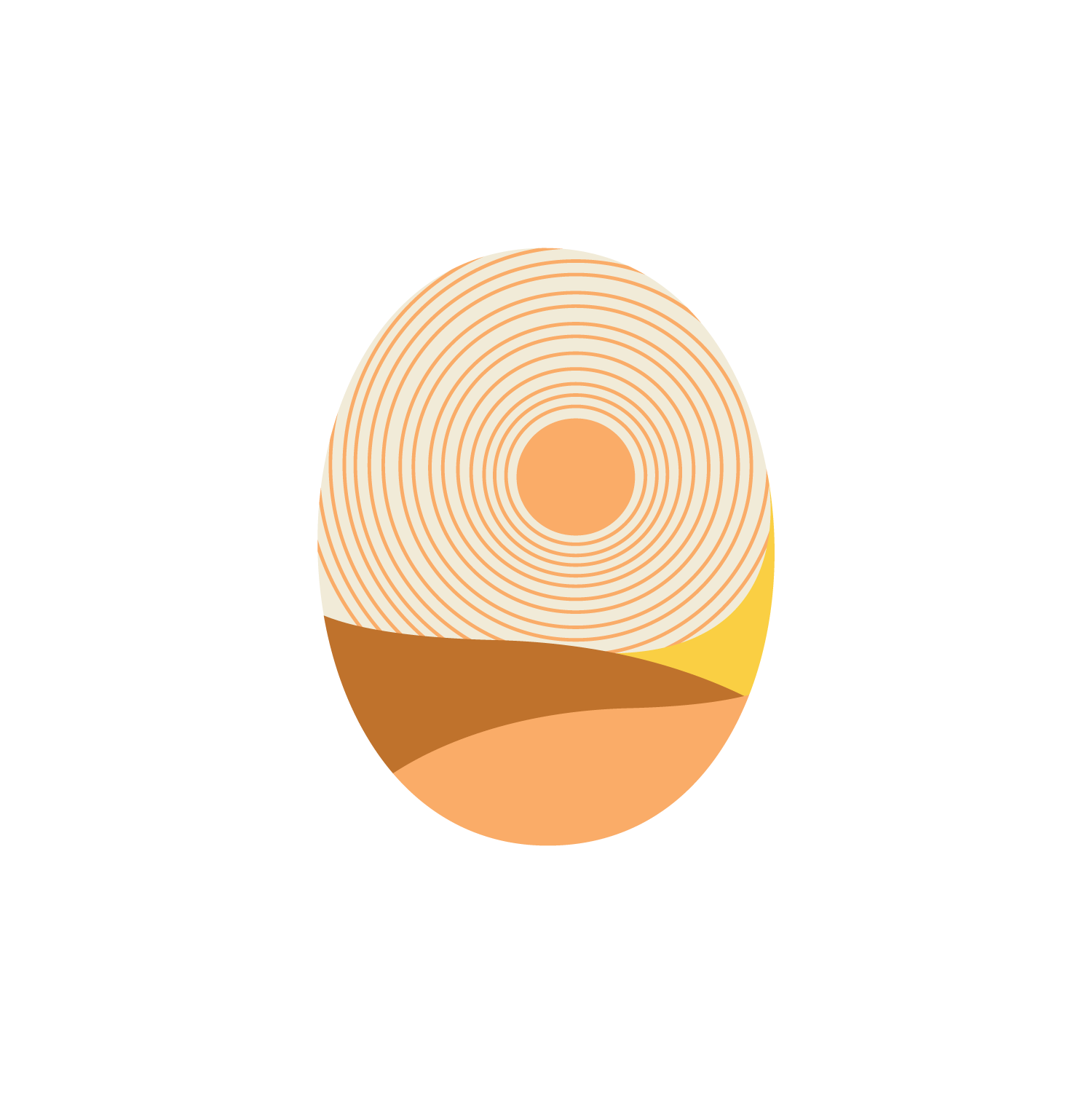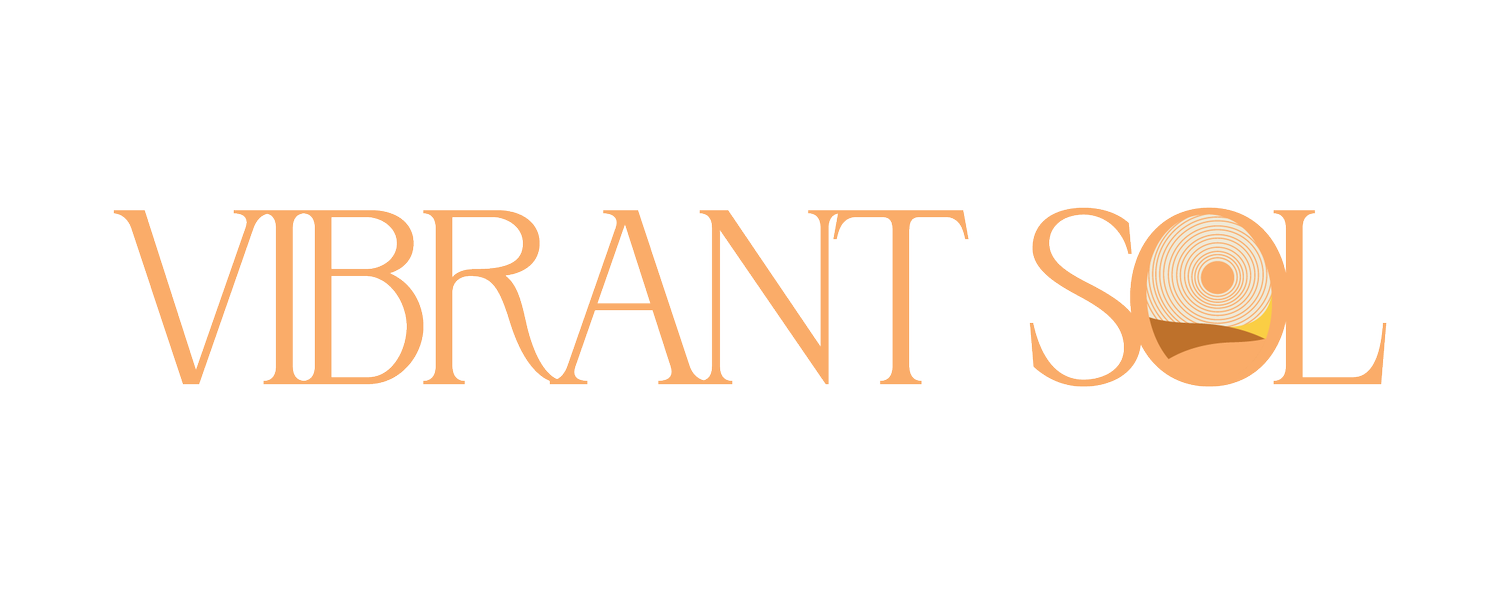Holistic Physiotherapy: What is it and How can it Help?
What is Holistic Physiotherapy?
What comes to mind when you think about holistic healthcare? Perhaps you think of alternative medicine, acupuncture, or other eastern-inspired treatment? Holistic health may include the above, but it is also broader in scope. Holistic health incorporates scientifically proven therapies, and it may integrate eastern and western medicine, but its broad scope is about taking a look at the whole person, their physical pain or injury, and all they are experiencing including the mental, emotional, social and environmental aspects to treat in a comprehensive and personalized way.
At its core, holistic health embodies a comprehensive and profound approach. It invites us to view individuals as multidimensional beings, acknowledging not only their physical pain or injury but also their mental, emotional, social, and environmental well-being. By recognizing these interconnected aspects, holistic health aims to provide tailored treatments that nurture the body, mind, and spirit.
Benefits of seeing a Holistic Physiotherapist
One on one, hour long sessions (no rush)
Quiet, therapeutic setting
Usual treatment with the extra additions: mind-body health, trauma informed approach
Space and time to ask questions and to get the explanation and education you deserve about what is occurring in the body
Incorporation of the newest scientifically proven mind-body healing practices (mindfulness, breath work, qi gong)
Personalized and unique approach, just for you
Usually sessions are booked weekly, rather than bi-weekly
All round greater well-being in all life areas (read more below)
Shorter time to recovery with more tools for self-care and prevention
Holistic Physiotherapy
The term "holistic" derives its meaning from the concept of "wholeness," emphasizing the interconnected nature of various components that can only be fully understood when considered as a unified whole. Holistic Physiotherapy is an emerging field that combines conventional physiotherapy practice and education with additional training in overall health and well-being. This can include training in practices from the eastern traditions, integrative medicine, community health, cultural health, and more.
In contrast to solely treating a specific area or condition, Holistic Physiotherapy goes beyond surface-level symptoms and seeks to address the underlying factors that may have contributed to the condition. Moreover, it plays a crucial role in educating individuals, empowering them to prevent the recurrence of such conditions. By adopting a holistic approach, practitioners take into account how an individual functions in all aspects of life that can impact their overall health and well-being.
As the World Health Organization (WHO) states, "health is a state of complete mental, social, and physical well-being, not merely the absence of disease." This profound perspective encompasses the holistic nature of our existence, highlighting the importance of nurturing the spiritual aspect alongside the physical and mental realms. Holistic physiotherapy, with its integrated approach and focus on personalized care, aims to support individuals in achieving this holistic well-being, promoting a deep sense of connection and alignment within themselves.
There are thousands of scientific research papers available that substantiate the efficacy of the integrated approach to wellness, encompassing the mind, body, and soul. Speaking about these aspects of health as interrelated is now widely acknowledged and no longer considered fringe or disregarded. In fact, the American Heart Association recognizes and affirms the interconnectedness and interdependence of the mind, body, and heart (soul). They emphasize that factors, conditions, and disease states—both physical and psychological—that impact one of these three components can have an effect on the other two. Furthermore, they describe the profound relationship among the mind, heart (soul), and body as the mind-heart-body connection. This growing recognition of the interconnections between the mind, body, and soul in the scientific community underscores the importance of taking a holistic approach to health and well-being.
More about Holistic Physiotherapy
The connection and interaction between all aspects of wellness are addressed in a Holistic therapy session. The Holistic Physiotherapist has training in not just the physical but in other determinants of health. For example, a client may come in with symptoms of chronic neck pain. The Holistic Physiotherapist will ask about all intersections of health, including a past medical history, social history, ergonomics at work and at home (environment), life stressors, changes in activity, sleep, hobbies, coping mechanisms, and routines. The Holistic Physiotherapist will not just be treating the single symptom, they will treat the person as a whole, and use all the tools at their disposal to work collaboratively with you.
In a second example, let’s look at links between external and internal factors of health. The American Heart Association connects it like this:
Fig. 1. Negative and positive associations of psychological health and cardiovascular risk and health and potential biologically plausible mechanisms of how improved psychological health can lead to decreased cardiovascular risk (American Heart Association, 2021).
In the diagram above, you can see the negative and positive psychological factors, along with the behavioral factors all integrate and influence the biological or physical factors of cardiovascular health.
In a third example, stress is a psychological (mental) response, but it can also cause physical symptoms, such as headaches, trouble sleeping, weight gain, and muscle pain. This works the other way as well, the physical symptoms can cause you to feel stressed. Meanwhile, your spirituality and your relationships can boost your mental and physical health. Research shows that having close relationships can lower your blood pressure, reduce your level of stress, and can even improve your chances of surviving cancer.
Understanding the above, a Holistic Physiotherapist doesn't just ask you about your symptoms, they will ask about you, your life, and your overall health. They might ask questions about lifestyle, habits, sleep, nutrition, environment, stress, and self-care practices. By treating the individual as a unified whole rather than solely addressing the symptoms, the Holistic Physiotherapist uses a wide range of tools and techniques tailored to provide personalized care and support, nurturing a sense of harmony and balance.
Holistic health aims at improving all the aspects of your health – physical, emotional, mental, spiritual, social, and environmental.


